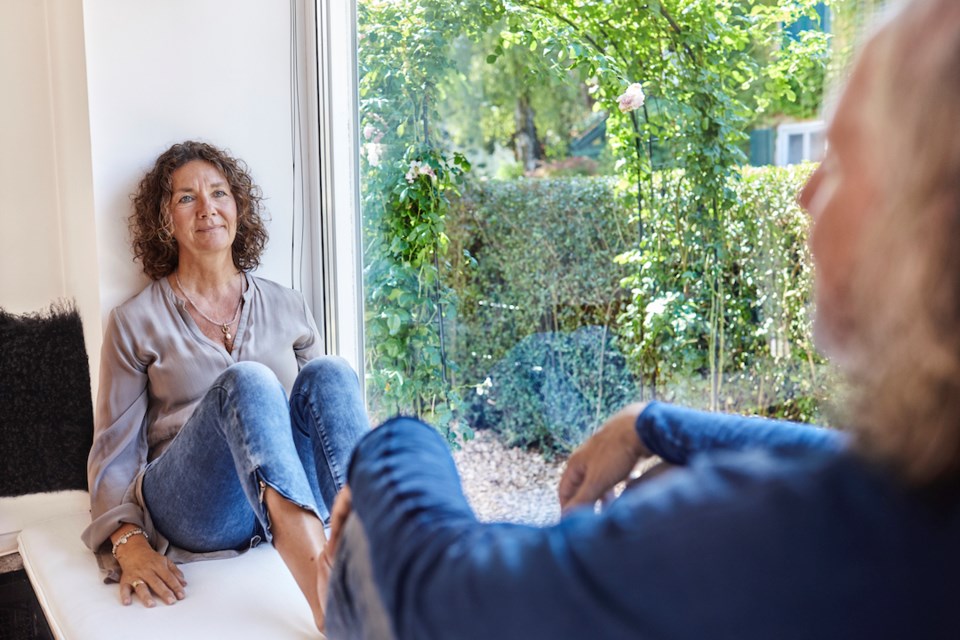After enjoying near trouble-free health for more than six decades, I got hit with conditions that landed me in bed for several days twice in the past six months. Last November, it was a round of flu. Then, a couple of weeks ago I strained some muscles to the point where being on my feet for more than a few minutes a challenge. Whether the result of aging or just a round of bad luck, my ability to be responsible for myself took two big hits.
I am lucky to have a reliable in-home support system. During both instances, my husband ferried mugs of tea and plates of toast to my bedside. He fetched the heating pad, kept track of when and how much medication I took and kept watch on my temperature and temperament. The day-to-day duties related to the dog, the plants, the mail, as well as pharmacy and grocery shopping trips were looked after. And he did it all with a smile, as he checked in on the family "invalid." Can’t thank him enough.
In the most recent round, once the analgesics wore off and I was thinking clearly again, I began to wonder how those who live alone manage through such situations. At the worst points in both instances, I was unable to propel myself any further than the bathroom without help. A trip to the kitchen to prepare food just wasn’t in the cards for me and there was no way I could have driven to pick up medication.
Sobering answers to my “How do they cope?” musings came forward with the recent release of the B.C. Coroners Service report into human mortality related to the late June 2021 heat dome event.
More than 600 British Columbians whose health may not have been as resilient as it once may have been, couldn’t cope. They died. And 56 per cent of those who died lived alone.
Reading that report and reflecting on my recent experiences underscored the importance of finding your support system in advance of needing it. Once you are compromised, your ability to make such arrangements will not be at its best. I imagined that had I been living alone, I would have been bleary-eyed fumbling through my cellphone contacts list to find someone nearby to help. That would not have been the easiest thing to do, as like many stubborn people, I would only have admitted that I needed help once things got really bad.
While thinking about “what do I do if I get sick” may not be the most pleasant type of planning to do, I believe it is well worth it. Along with making sure you retain a stock of the essentials for your life in your home for such occasions, having a trusted person you can call on for help can be your lifeline. Having a list that has more than one name on it is also a good idea, just in case.
In larger population centres, a variety of direct-to-home help and delivery services are available to the housebound. On the Coast, those types of services are limited, but the situation is improving with businesses like Coastal Rides, Nurse Next Door, etc. opening up in the past few years.
And there are community resources that can help. Signing up for free services like the morning wellness check service offered by Vancouver Coastal Health (VCH) is an option for those who are reluctant to put that responsibility on to family or friends. The service provides a telephone call between eight and nine in the morning daily, as a check-in on their wellness, making sure clients are never alone and edging towards distress for more than 24 hours. Also offered are "meals on wheels," as well as volunteer shopper and driver services. To register or help out as a volunteer with any of these VCH volunteer programs on the Coast, contact (604) 885-8517.
There is an important role for everyone to play in ensuring those living alone can function through tough circumstances. If you think someone needs help, ask them and be there to deliver that help if needed. Someday it could be you that is in need. And at that point, that need will become very real.




